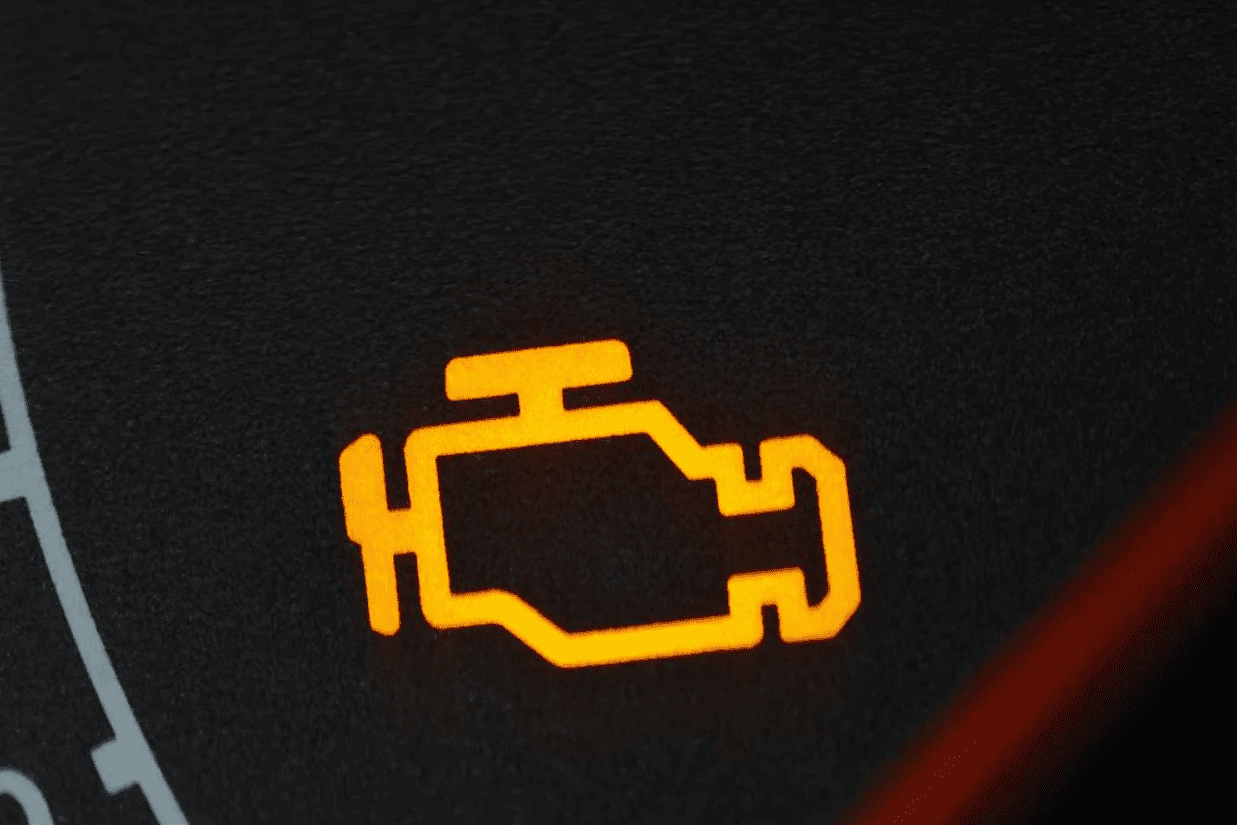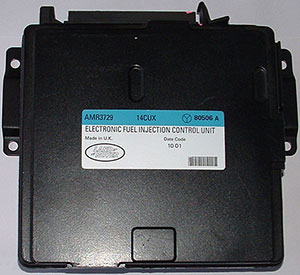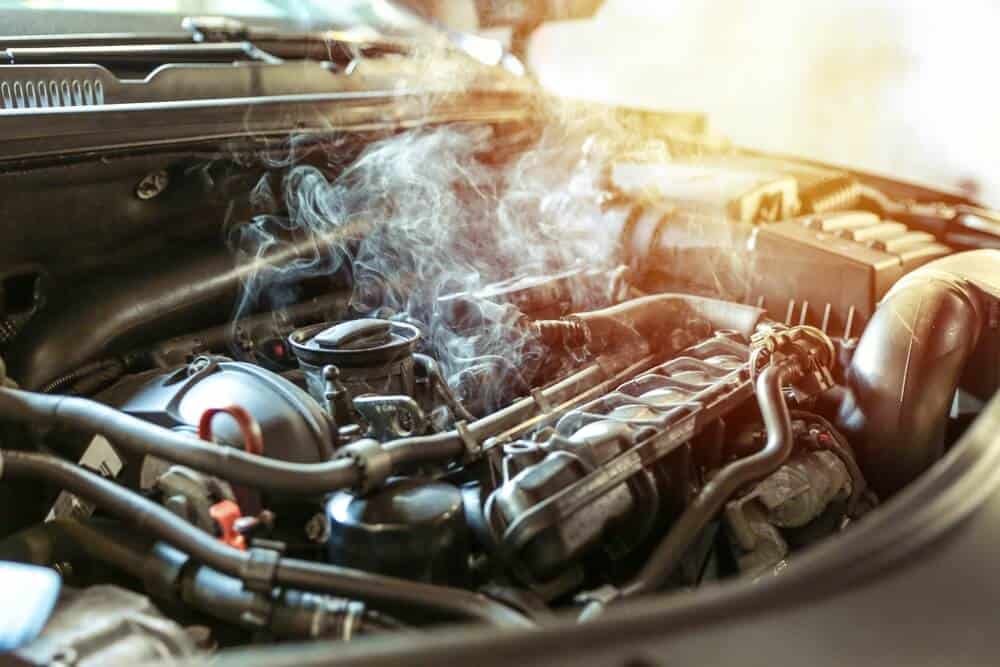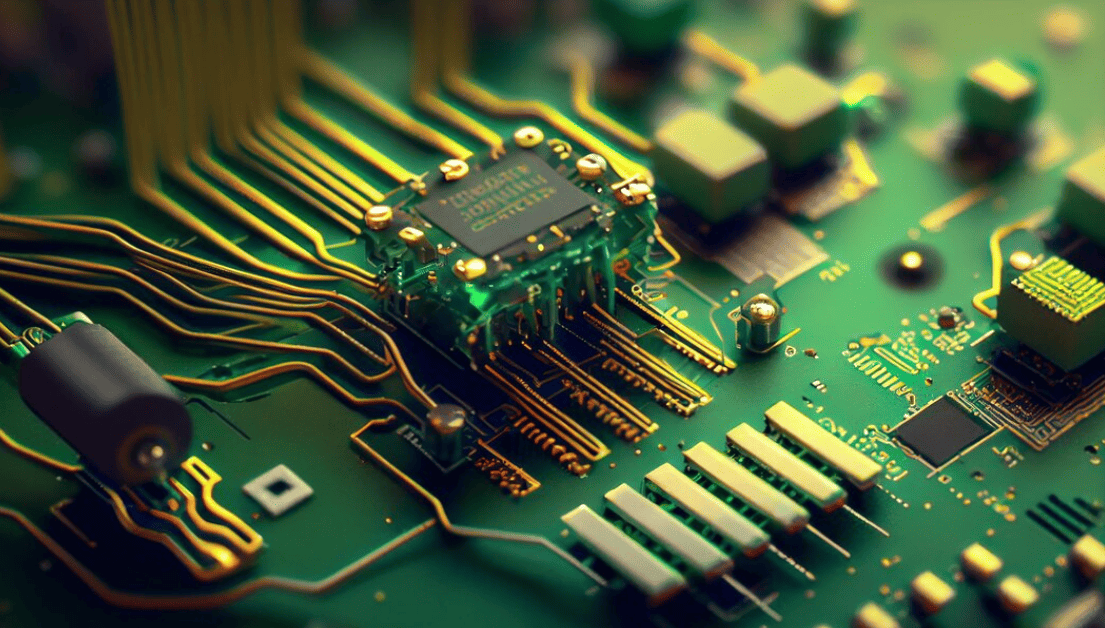Modern vehicles are equipped with advanced electronic systems that play a crucial role in the overall functioning of the engine and vehicle. Among these electronic components, the Engine Control Module (ECM) is a vital part. The ECM, also known as the Engine Control Unit (ECU) or Powertrain Control Module (PCM), is responsible for managing and controlling various engine functions. When the ECM starts to fail, it can lead to a range of issues that affect the vehicle’s performance, fuel efficiency, and emissions. In this article, we will explore the symptoms of a failing ECM to help vehicle owners identify potential problems early and seek necessary repairs.
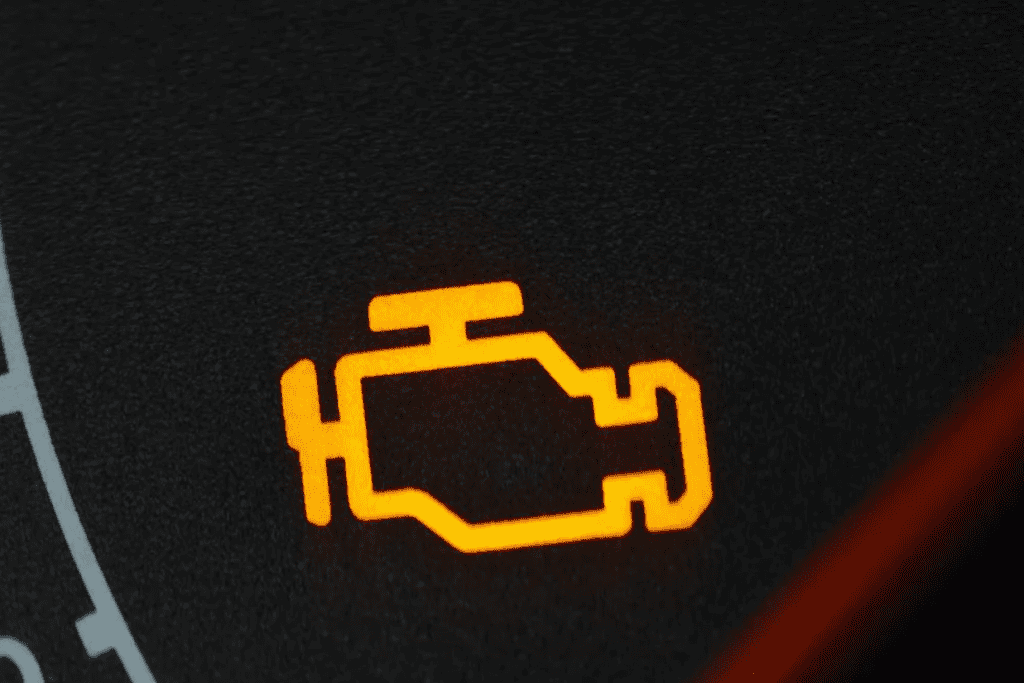
What is the ECM?
The Engine Control Module is essentially the brain of a vehicle’s engine system. It is a microprocessor-based unit that continuously monitors various sensors and inputs to make real-time adjustments to engine functions. These adjustments are essential to ensure optimal engine performance, fuel efficiency, and emissions control. The ECM controls critical functions such as air-fuel mixture, ignition timing, idle speed, and emissions systems.
Symptoms of a Failing ECM
Check Engine Light (CEL) Illumination:
One of the most common and easily recognizable symptoms of a failing ECM is the illumination of the Check Engine Light on the dashboard. When the ECM detects an issue with the engine’s performance, it triggers the CEL to alert the driver. While a lit CEL can indicate various problems, it is often linked to ECM malfunctions.
Poor Engine Performance:
A failing ECM can lead to noticeable changes in engine performance. You may experience poor acceleration, reduced power output, or difficulty in starting the engine. The ECM’s inability to optimize fuel delivery and ignition timing can result in sluggish or erratic performance.
Reduced Fuel Efficiency:
The ECM is responsible for managing the air-fuel mixture to achieve the best fuel efficiency. When it fails, it may cause the engine to run rich (excess fuel) or lean (insufficient fuel). This imbalance can lead to decreased miles per gallon (MPG) and increased fuel consumption.
Stalling and Rough Idling:
An ECM malfunction can cause the engine to stall or idle roughly. Irregular idling is often a result of incorrect air-fuel mixture or improper ignition timing, both of which the ECM controls.
Transmission Issues:
The ECM not only manages the engine but also communicates with the transmission control module (TCM) to ensure smooth gear shifting. A failing ECM can disrupt this communication, leading to transmission problems such as harsh shifts, delayed engagement, or even gear slippage.
Increased Emissions:
ECM failures can result in higher emissions due to the engine running in an inefficient manner. This can lead to a failed emissions test and contribute to environmental pollution.
Inconsistent or Non-Functioning Gauges:
The ECM provides data to various gauges on the instrument cluster, such as the tachometer and speedometer. If the ECM is faulty, you may notice these gauges behaving erratically or not functioning at all.
Difficulty Starting the Vehicle:
Starting problems, including extended cranking times or the engine not starting at all, can be a sign of a failing ECM. The ECM plays a crucial role in the ignition system and fuel delivery during startup.
Unexplained Electrical Issues:
A malfunctioning ECM can affect other electrical systems in the vehicle, leading to unexplained issues like erratic dashboard lights, dimming headlights, or even problems with the HVAC system.
Read more: Tips for ECU Maintenance: Keeping Your Car’s Brain in Top Shape
FAQs
1. What is an ECM, and what does it do?
An ECM, or Engine Control Module, is an essential electronic component in a vehicle. It acts as the brain of the engine, managing and controlling various engine functions to ensure optimal performance, fuel efficiency, and emissions control.
2. What are the common symptoms of a failing ECM?
Common symptoms of a failing ECM include an illuminated Check Engine Light, poor engine performance, reduced fuel efficiency, stalling or rough idling, transmission issues, increased emissions, starting difficulties, inconsistent or non-functioning gauges, and unexplained electrical issues.
Read more: Understanding And Resolving The Mercedes EZS EIS Ignition Switch Problem: Causes And Solutions
3. Can a failing ECM cause my vehicle to stall or have trouble starting?
Yes, a failing ECM can lead to stalling, rough idling, and difficulty starting the engine. The ECM is responsible for managing the air-fuel mixture and ignition timing, both of which are crucial during startup.
4. What should I do if my Check Engine Light comes on?
If your Check Engine Light (CEL) comes on, it’s important to have your vehicle’s diagnostic trouble codes (DTCs) read by a professional mechanic or by using an OBD-II scanner. The CEL can indicate various issues, including ECM problems.
5. Can a failing ECM affect my vehicle’s transmission?
Yes, a failing ECM can disrupt communication with the transmission control module (TCM), leading to transmission issues such as harsh shifting, delayed engagement, or gear slippage.
6. How can I prevent ECM failure?
Preventative maintenance, such as regular vehicle servicing and using high-quality fuel and engine oil, can help extend the life of your ECM. Additionally, avoiding extreme temperature conditions and electrical system overloads can reduce the risk of ECM damage.
7. How is ECM failure diagnosed and repaired?
ECM failure is diagnosed through a series of tests, including reading diagnostic trouble codes (DTCs) and using specialized diagnostic equipment. Once diagnosed, the ECM may need to be repaired or replaced by a qualified mechanic or technician.
8. Is it safe to drive with a failing ECM?
Driving with a failing ECM is not recommended, as it can lead to poor engine performance, reduced fuel efficiency, and potential safety hazards. It’s best to address ECM issues promptly to avoid further damage and ensure safe operation.
9. Can a faulty ECM be repaired, or does it need to be replaced?
In some cases, a faulty ECM can be repaired by a skilled technician, particularly if the issue is related to a specific component within the ECM. However, in many cases, replacement may be the most reliable solution.
10. How much does it cost to repair or replace an ECM?
– The cost of repairing or replacing an ECM can vary depending on the make and model of your vehicle and the severity of the issue. It’s advisable to obtain quotes from reputable mechanics or service centers for an accurate estimate.
Conclusion
The Engine Control Module (ECM) is a vital component in today’s vehicles, responsible for managing and optimizing various engine functions. When it starts to fail, it can result in a range of symptoms that affect engine performance, fuel efficiency, and emissions. Recognizing these symptoms early and addressing ECM issues promptly is essential to ensure the continued reliability and efficiency of your vehicle. If you experience any of the symptoms mentioned above, it is advisable to seek professional diagnostic and repair services to rectify the ECM problem and keep your vehicle running smoothly. Remember that ECM issues should be addressed promptly to avoid further damage to your vehicle and ensure its continued reliability and performance. If you suspect ECM problems, consult with a qualified mechanic or technician for a proper diagnosis and repair.
